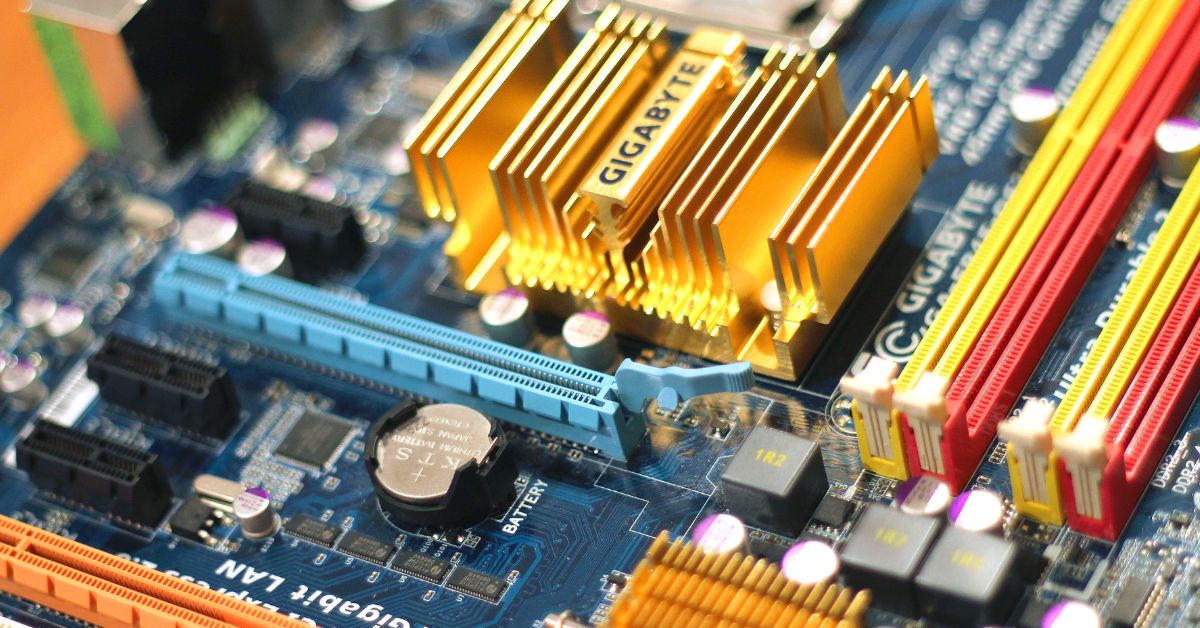The Rise of Smartwatches in Health Monitoring
In recent years, smartwatches have evolved from simple fitness trackers to sophisticated health monitoring devices. This transformation is driven by the increasing demand for personal health management tools that are both convenient and accurate. Among the myriad of features now available, the ability to track blood sugar levels in real time stands out as a significant advancement. This development is particularly beneficial for individuals managing diabetes, as it offers a non-invasive, continuous monitoring solution.
Smartwatches equipped with blood sugar monitoring capabilities use advanced sensors and algorithms to provide users with real-time data. This feature empowers individuals to make informed decisions about their health, such as adjusting their diet or medication in response to fluctuations in glucose levels. The convenience of having such critical information readily available on one’s wrist cannot be overstated, especially for those who require constant monitoring throughout the day.
The integration of blood sugar monitoring into smartwatches represents a broader trend in the healthcare industry towards personalized and preventative care. By providing users with immediate feedback, these devices encourage proactive health management, potentially reducing the risk of complications associated with unmanaged diabetes. Moreover, the data collected by these devices can be shared with healthcare providers, facilitating more informed and timely medical interventions.
How Real-Time Blood Sugar Monitoring Works
The technology behind real-time blood sugar monitoring in smartwatches is both complex and fascinating. These devices typically use optical sensors that employ light to measure glucose levels through the skin. This method, known as photoplethysmography, involves emitting light into the skin and measuring the light that is reflected back. Changes in the reflected light can be analyzed to estimate blood sugar levels.
One of the key advantages of this technology is its non-invasive nature. Traditional methods of monitoring blood sugar levels often involve finger-prick tests, which can be uncomfortable and inconvenient. In contrast, smartwatches provide a painless and continuous monitoring solution, making it easier for users to keep track of their health without interrupting their daily activities.
Despite the potential benefits, it is important to note that the accuracy of smartwatch-based blood sugar monitoring can vary. Factors such as skin tone, temperature, and movement can affect the readings. Therefore, while these devices offer a convenient way to monitor trends and fluctuations, they should not replace traditional testing methods entirely. Instead, they serve as a valuable supplement, providing users with additional insights into their health.
The Impact on Diabetes Management
The introduction of real-time blood sugar monitoring via smartwatches has the potential to revolutionize diabetes management. For individuals living with diabetes, maintaining stable blood sugar levels is crucial to preventing complications such as cardiovascular disease, nerve damage, and kidney failure. By providing continuous glucose monitoring, smartwatches enable users to identify patterns and triggers that affect their blood sugar levels, allowing for more effective management.
Moreover, the data collected by these devices can be used to enhance communication with healthcare providers. Patients can share their glucose readings during consultations, enabling doctors to make more informed decisions about treatment plans. This collaborative approach to healthcare can lead to improved outcomes and a higher quality of life for patients.
In addition to individual benefits, the widespread adoption of smartwatches with blood sugar monitoring capabilities could have broader implications for public health. By promoting proactive health management, these devices could reduce the burden on healthcare systems, decreasing the need for emergency interventions and hospitalizations related to diabetes complications.
Overall, the integration of blood sugar monitoring into smartwatches represents a significant step forward in the quest for more personalized and effective healthcare solutions. As technology continues to advance, it is likely that these devices will become an increasingly important tool in the management of chronic conditions such as diabetes.






